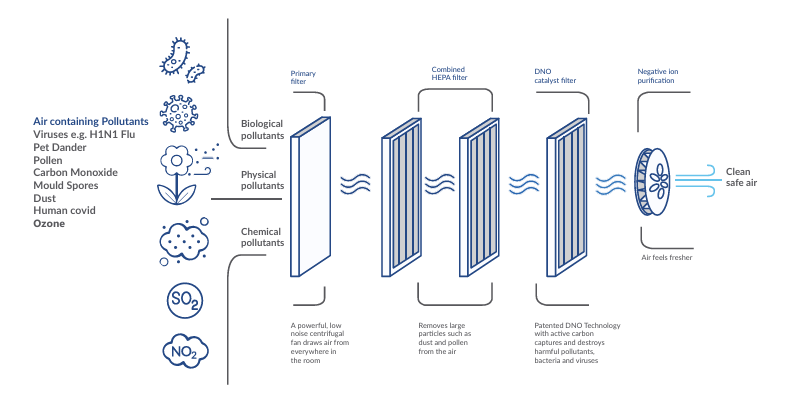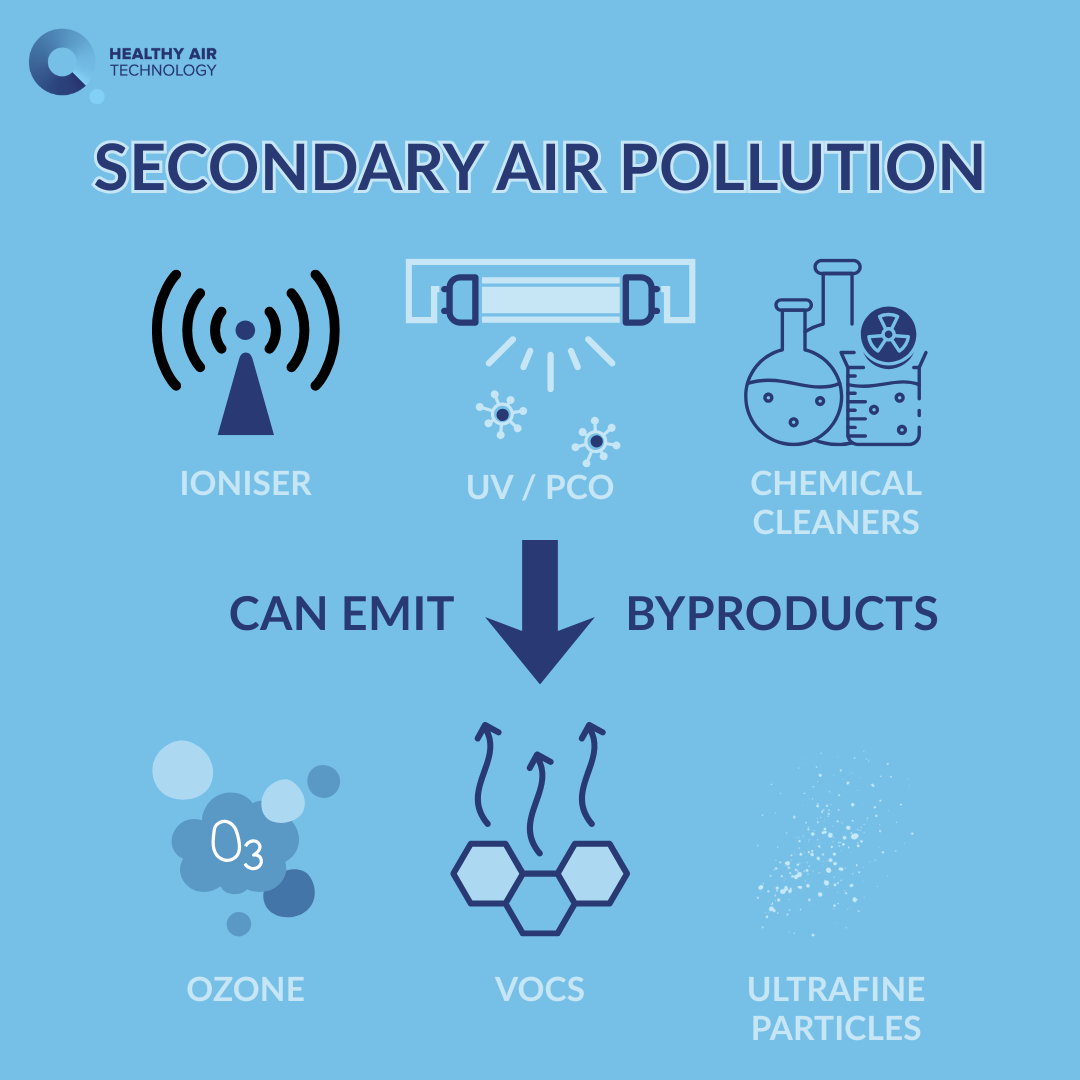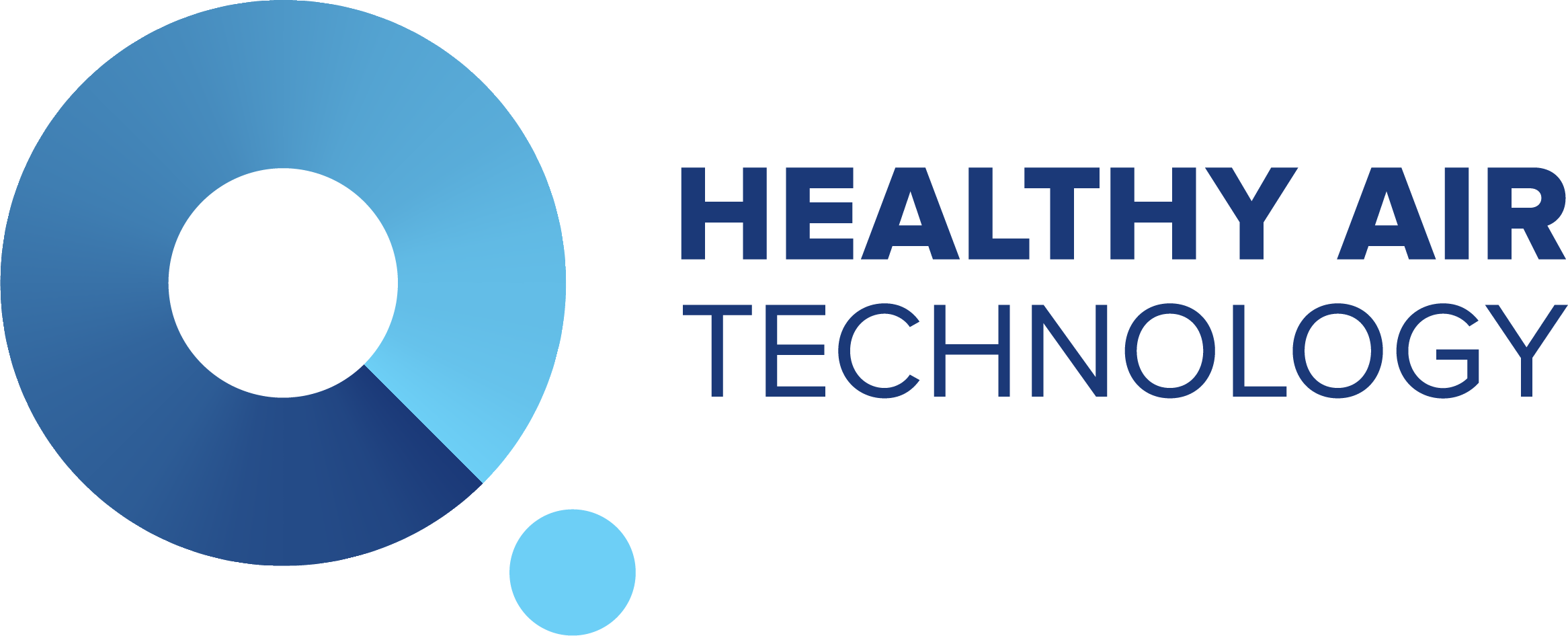
Air Quality on World Health Day
7 April 2023
Today is World Health Day, a global campaign that aims to raise awareness and mobilize action for better health for everyone. This year’s theme is “Building a fairer, healthier world for everyone”. As a professional in the environmental, air quality and air purifier sector, I want to share some insights on how air pollution affects our health and what we can do to reduce it.
Air pollution is one of the biggest environmental threats to human health. According to the World Health Organization (WHO), more than 90% of the world’s population lives in areas where air quality exceeds WHO guideline limits. Air pollution causes an estimated 7 million premature deaths every year, mainly from stroke, heart disease, chronic obstructive pulmonary disease, lung cancer and acute respiratory infections.
Air pollution also has a disproportionate impact on vulnerable groups, such as children, elderly people, people with pre-existing medical conditions and low-income communities. These groups are more exposed to polluted air due to factors such as living near busy roads, working in hazardous occupations or having limited access to health care. Air pollution also exacerbates health inequalities and social injustice, as it affects the poorest and most marginalized people the most.
So what can we do to improve air quality and protect our health? There are many actions that we can take at different levels: individual, community, national and global. Here are some examples:
– At the individual level, we can choose to walk, cycle or use public transport instead of driving; use energy-efficient appliances and renewable sources of energy; avoid burning waste or using open fires; and wear a mask when the air quality is poor.
– At the community level, we can support local initiatives that promote green spaces, urban planning, waste management and public awareness; participate in citizen science projects that monitor air quality; and advocate for policies that reduce emissions from industry, transport and agriculture.
– At the national level, we can urge our governments to implement and enforce air quality standards and regulations; invest in clean energy and low-carbon technologies; promote sustainable mobility and urban development; and cooperate with other countries to address transboundary air pollution.
– At the global level, we can support international agreements and frameworks that aim to tackle climate change and environmental degradation; share best practices and innovations with other countries and regions; and contribute to global efforts to achieve the Sustainable Development Goals (SDGs), especially SDG 3 (Good Health and Well-being) and SDG 13 (Climate Action).
As a professional in the environmental sector, I believe that improving air quality is not only a moral duty but also a smart investment. Cleaner air means healthier people, more productive economies and a more resilient planet. On this World Health Day, let’s join forces to build a fairer, healthier world for everyone.
Our newly releases post will also help you to understand the impact o air quality to people’s health, you might be interested to find out more at The surprising link between poor air quality and health issues.

Latest News

How do D-orbital nano oxide (DNO) catalysts work in air purification?
Key points D-orbital nano oxide (DNO) describes a family of transition-metal oxide catalysts used to break down some…

How do different indoor air purification technologies actually work?
Key points “Air purification” is not one technology: different systems target particles, gases/VOCs, and bioaerosols in different ways….

What does “secondary air pollution” actually mean indoors?
Key points Secondary air pollution refers to new pollutants or re-released contaminants created as a side effect of…

